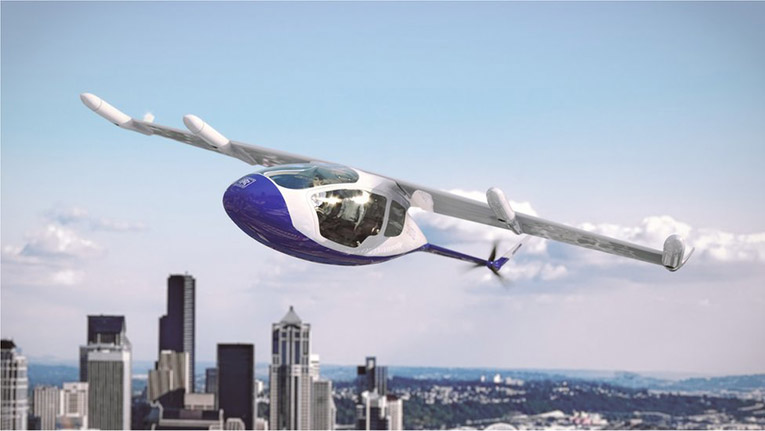Rolls Royce and Shell announced this Wednesday the signing of a Memorandum of Understanding that will have both companies working on the development of low carbon aviation fuel.
Firstly, the agreement intends to advance and scale the use of sustainable aviation fuel (SAF); through the partnership, Shell will supply with SAF to Rolls-Royce’s new SAFinity service. In fact, it will be the exclusive supplier.
Secondly, the partnership intends to help both companies on their respective net zero carbon objectives; to that regard, companies intend to demonstrate the use of 100% SAF as a full “drop-in” solution.
Thirdly, for Rolls Royce would be a push towards its goal to achieve 100% SAF certification; such objective is outlined in the company’s plan to go net zero carbon by 2050. Indeed, the company released its plan earlier this month. Another pathway to get there will be make all of its new products compatible with net zero targets by 2030.
Moreover, to ensure its objective, Rolls Royce will increase its research and development spending on low carbon and net zero technologies to 75%; of its total budget by 2025 from about 50% now.
Also recommended for you: Honda Prologue SUV is close to signaling an electrified future. Click here to read.
Rolls Royce aiming at flying taxis
In addition, for the aviation sector, making all its engines SAF compatible is also an objective; the challenge to that is a supply shortage, which Shell will help address.
On the other hand, this is not the first partnership between both companies, in fact, they have a century-long history of collaboration. About it, Anna Mascolo, President, Shell Aviation, said. “The heritage of collaboration between Rolls-Royce and Shell is a strong foundation for the future.”
He also remarked. “Rolls-Royce and Shell bring complementary expertise, experiences and ideas to the table. Wide-ranging cooperation can drive new solutions that will help the aviation industry and our customers navigate a pathway to net zero.”
Finally, Paul Stein, Chief Technology Officer at Rolls-Royce, said. “SAFs will not only power large aircraft and business aviation; but also, hybrid electric Urban Air Mobility (‘Flying taxis’) and the forthcoming generation of hybrid fixed wing city hoppers; which is why we place such importance on the ramp up of SAF adoption across the industry.”


